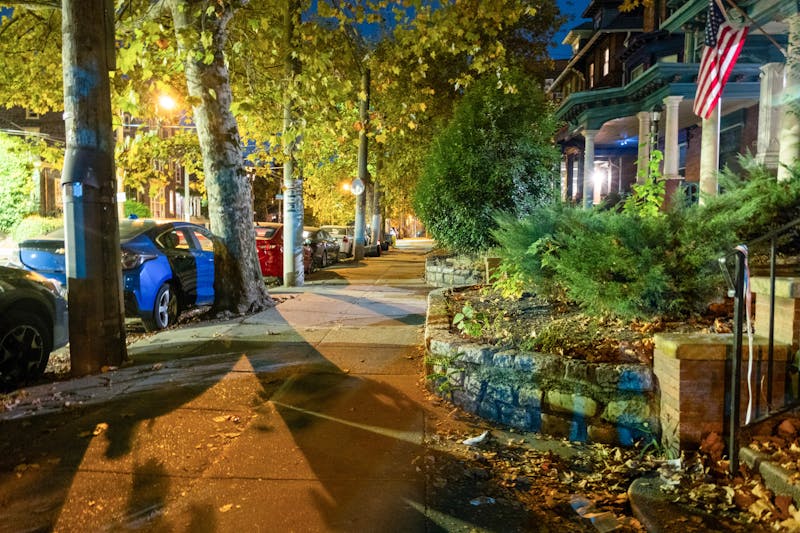How offensive is the phrase “The South Will Rise Again,” and what — if anything — should be done to banish it from the public sphere?
This is a question with which newly appointed University of Mississippi Chancellor Dan Jones is currently grappling, and his solution has provoked sharp outcry from thousands of Ole Miss students.
Until recently, “The South Will Rise Again” was regularly chanted in the concluding cadences of the Ole Miss fight song. This changed in late October, when Jones ordered the band to strike the offending line and cease playing before the customary chant could begin. Denied musical accompaniment, Ole Miss students chanted anyway. Their defiance — and Jones’ subsequent threat to abolish the fight song altogether — have carried this debate to the national fore.
I have a personal interest in this dispute. After all, my column is called “Southern Comfort.” I hail from rural Georgia, and a number of my friends attend and adore Ole Miss. I grew up hearing the phrase on a frequent basis, and in my time at Penn I’ve confronted stereotypes of the “Dirty South” which pervade Northern thinking. I’ve even offended some readers through my previous support of the Confederate flag (“In defense of Dixie,” 4/14/09).
Despite all this, I still can’t support the chant’s continued use. “The South Will Rise Again” is a phrase that evokes reminders of a dark and bitter chapter in American history — and it has no place at the sporting events of a public university.
Ole Miss has a troubled history of race relations. One of the last major southern universities to enroll a black student, the school’s momentous 1962 integration triggered a riot that left two dead. More so than any other southern school, Ole Miss pays deep homage to its Old South roots. It was Ole Miss which popularized display of the Confederate flag in the 1940s and 50s — a practice the school discontinued only very recently. Ole Miss’ extracurricular life is marked by a similar outlook. Its fraternities host Antebellum-style balls, while its sports teams are known as the Rebels. But even in the face of these longstanding practices, “The South Will Rise Again” chant only became a ‘tradition’ within the last four or five years, and a misplaced one at that.
Rebel yells, ‘Dixie’ choruses, and Confederate flag-waving all tempt (and sometimes cross) the lines of good taste, but all also memorialize a culture whose legacy reaches beyond the specter of slavery. Not so with “The South Will Rise Again.” The chant does not represent nostalgia for an age gone by so much as it advocates wholesale resurgence of an age that must not come again. Men in slit hoods and white robes — not Confederate soldiers — first popularized the phrase. Its use recalls the vitriolic racism of the post Civil War period far more than the zenith of the Antebellum era. The Old South can and should be remembered, but screeching for its rebirth at Ole Miss football games is no way to do it.
The dispute afflicting Ole Miss is complex and speaks to the medley of voices that exist within higher education. While paying homage to the Old South is legitimate, doing so with a charged and divisive chant is not. This is a distinction that — given the tendency for Southerners to lionize the Confederacy and Northerners to do the opposite — both Ole Miss and Penn students could take the time to appreciate.
That said, Jones’ efforts to end the chant will not see much success by issuing aggressive challenges to drunk 18- to 21-year-olds. His threat to kill the Ole Miss fight song entirely has only succeeded in rallying more students around the phrase’s cause. By removing the chant’s musical accompaniment, Jones has taken an important step in curtailing its use. Now it falls to students to end this tradition for good.
Emerson Brooking is a College junior from Turnerville, Ga. He is a member of the UA. His e-mail address is brooking@dailypennsylvanian.com.
The Daily Pennsylvanian is an independent, student-run newspaper. Please consider making a donation to support the coverage that shapes the University. Your generosity ensures a future of strong journalism at Penn.
DonatePlease note All comments are eligible for publication in The Daily Pennsylvanian.







